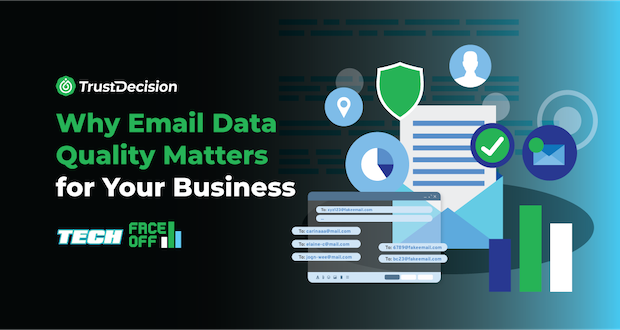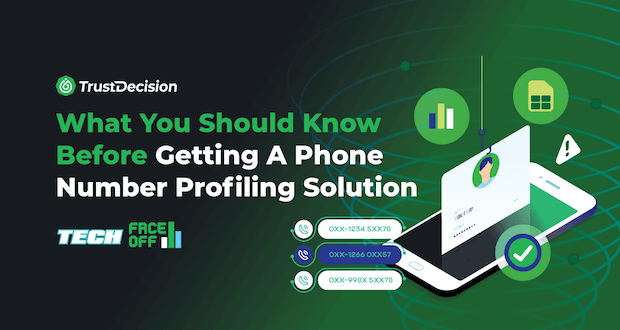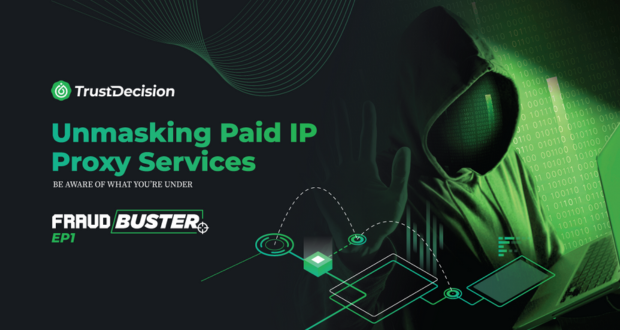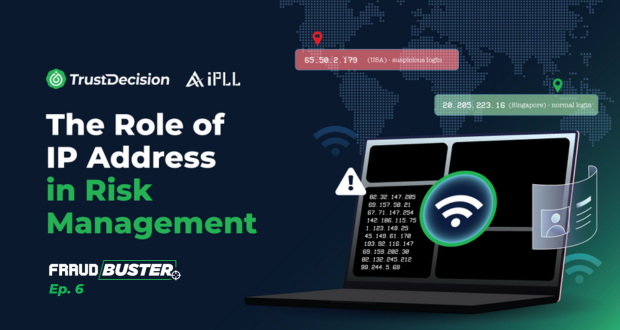Poor email data impacts user onboarding, transaction security, and campaign engagement. Discover how accurate email verification prevents fraud, protects revenue, and maximizes marketing ROI.
Industries like e-commerce, airlines, and social platforms are particularly vulnerable. This is where email profiling can make a difference.
Here’s the story: Lisa runs a furniture boutique known for its unique design style that attracts a steady flow of customers. To expand the boutique’s online presence, she decided to launch a promotional campaign, sending customers notifications of new arrivals and special discounts.
Lisa invested substantial time and resources into crafting this email marketing campaign, encouraging customers to provide their email addresses at checkout to enjoy a discount. Lisa was excited as she launched the first emails. But within days, a troubling pattern emerged: her bounce rate was through the roof. Upon investigation, she discovered that many customers had input invalid email addresses—common issues included typos, missing the “@” or using invalid domains.
Worse still, system records showed the same user had repeatedly purchased specific items at a discounted rate, far outside the range of regular buying behavior—clear signs of potential fraudulent purchases. These suspicious transactions not only cost Lisa financially but also made her realize that her marketing campaign might be exploited.
On top of this, Lisa’s store reputation took a hit. Some customers missed out on coupons and discount because they never received any emails, while others complained that the messages went straight to their spam folders. These issues led customers to question Lisa’s marketing approach, doubting its professionalism and security.
Facing these challenges, Lisa had to re-evaluate her email marketing strategy. She realized that relying solely on customer-provided email addresses wasn't enough; implementing a stricter email verification process was essential to prevent fraud and abuse while to ensure the safety and privacy of customer information.
How Poor Data Quality Hurts Business Growth Across industries
The failure of Lisa's first email marketing campaign is just a glimpse of how poor email verification can harm your business. In fact, fraud caused by accepting low-quality email data especially during key stages such as marketing, onboarding, and transactions.
Here's how it plays out in different sectors/areas.
Retail/E-commerce
Fraudsters often use fake or temporary email addresses to create multiple accounts and repeatedly claim new user discounts or promotional offers, known as promotion abuse. This practice not only skewed customer data but also, inflated marketing cost and missed opportunities as genuine customers may lose out on promotions.
Airline
Airline industry faces unique risks due to the high monetary value of transactions and tight operational timelines. Chargeback fraud can occur when fraudsters use temporary/fake email addresses to book tickets with stolen payment method. After completing their travel or selling the tickets, they dispute the charge, leaving airlines to absorb the financial loss. Fraudsters may also use these fake accounts to exploit frequent flyer programs, redeeming miles or points by finding loopholes in the policy.
Social Platforms
Social platforms thrive on user engagement and trust, both of which can be undermined by poor email verification. Fake profile creation can lead to other legitimate users being spammed. Worse still, it may also lead to data breaches or financial scams. These types of fraud are not just costly but damaging to customer trust, making a strong case for the importance of email profiling tools to verify email quality and protect businesses.
Email Marketing Campaigns
In the marketing scenario, when fraudster intentionally input invalid email, it could disrupt mailing lists, inflate bounce rates, and reduce campaign effectiveness - for merchants, emails sent to invalid addresses damage sender reputation, hinder marketing impact, and erode consumer trust. To make matters worse, major providers like Gmail, Yahoo, and Hotmail monitor bounce rates closely; repeated issues can lead to blacklisting, limiting successful email delivery. Together, these issues require for robust email profiling tools to validate email addresses and protect both business reputation and revenue.
Email Profiling: The Key to Data Quality
Ensuring clean, accurate email lists is essential for any business, as high-quality data is foundational to effective engagement, secure operations and keeping customers' trust.
And the critical question is raised: How can business improve email data quality?
Detection of Risky Emails
Businesses can rely on tools like email profiling that goes beyond simple "Is this email valid?" checks. It analyzes risky or suspicious email addresses—such as disposable addresses from email services like Mailinator or Guerilla Mail and fake accounts with randomized characters such as 'david0123@domain.com'. This tool also evaluates the domain associated with an email address to determine its legitimacy
Real-time Scoring
Advanced email profiling tools provide real-time risk scoring, allowing businesses to gauge user reliability during onboarding, account management or transactions. Every email address will be assigned to a risk score, and block the high-risk cases before fraud happens. Customer interactions can be automated based on risk levels. For instance, medium risk users may require additional verification steps, while low-risk users can enjoy seamless experience.
Fraud Prevention
Email profiling tools are powerful in fraud prevention by identifying and blocking suspicious activity before it happens. It can be used in transaction monitoring to detect unusual behaviors, such as repeated use of similar email patterns across multiple accounts or transactions. Businesses can also link suspicious email with other fraudulent indicators, like device or IP anomalies.
By identifying questionable emails early, businesses can reduce fraud exposure, enhance data integrity, and improve the reliability of customer interactions. Learn more about email profiling in Global Risk Persona.
In a Nutshell
Email profiling aren't just for large enterprises - they're essential for any business looking to grow loyal customers, prevent fraud, protect revenue and boost overall marketing campaign performance. Investing in tools like Global Risk Persona can streamline this process, allowing businesses to focus on delivering value to their customers while staying one step ahead of fraud.












